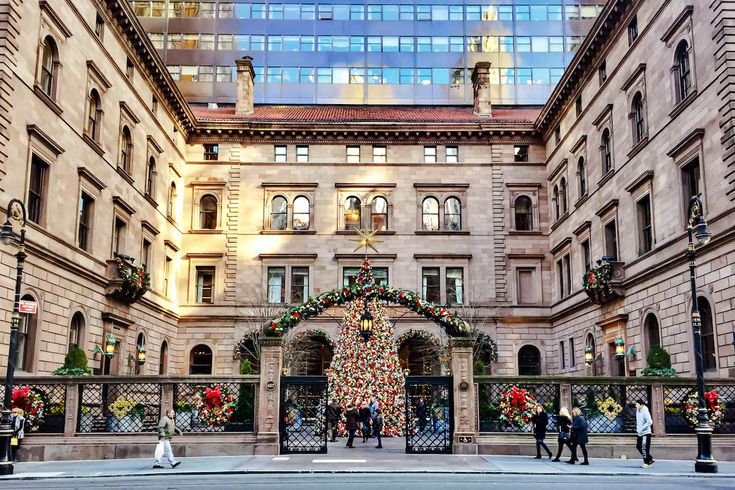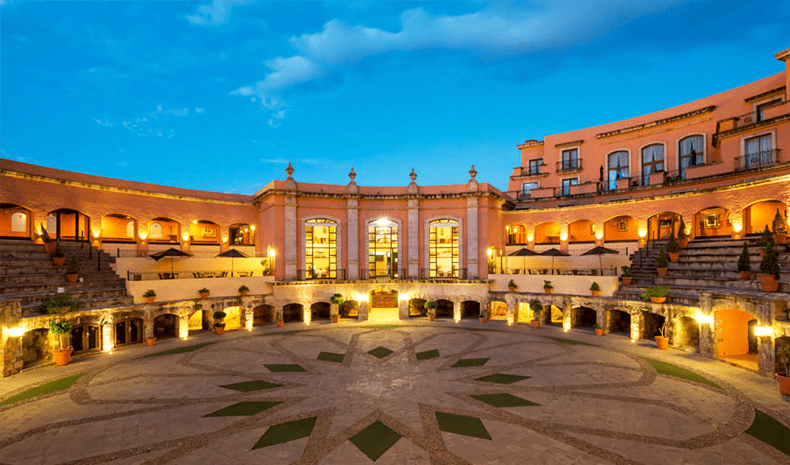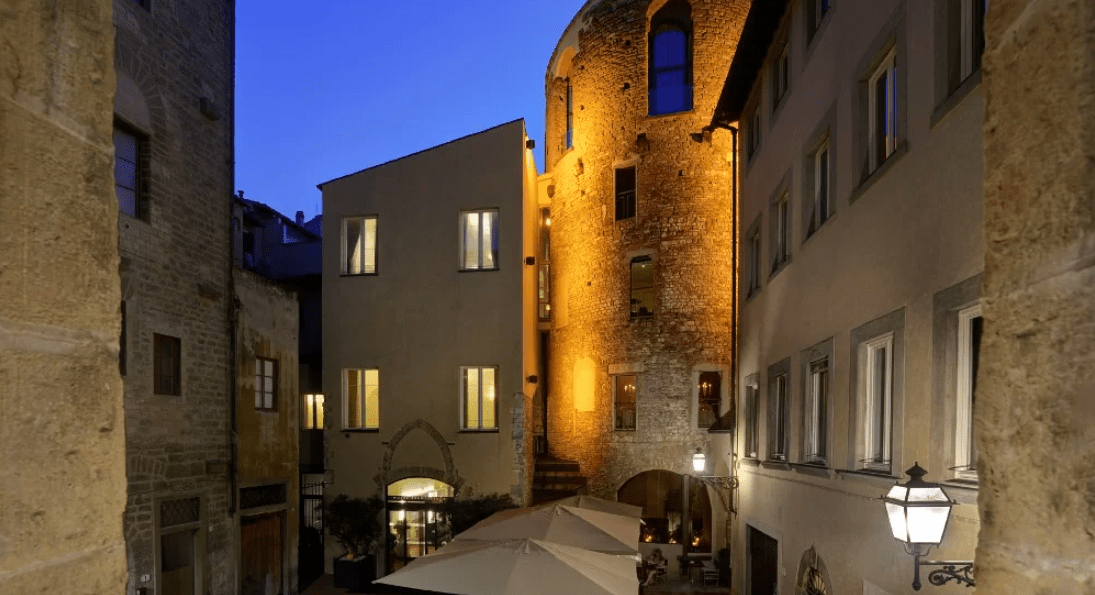
Picture this: an historic building, overlooked and in a state of abandonment for years, is refurbished and transformed into a 5 stars-hotel. This architectural gem, with its unique charm and aesthetic value, draws in hotel chains eager to invest and offer guests an experience steeped in history and character. After the COVID-19 pandemic, Europe has emerged as a shining example of resilience and growth in tourism. With record-breaking visitor numbers, the continent is witnessing a remarkable resurgence. This comeback story isn't just about packed beaches or bustling city streets; it's about a strategic transformation in the heart of Italy, Spain and other European urban landscapes. A new study sheds light on the economic and social ripple effects of turning protected buildings into hotels. The study focuses on Madrid from 2001 to 2010, but the conclusions and the trends identified are probably valid for many other European cities.
From palaces to hotels.
Transforming protected or historic buildings into accommodation facilities serves as a vital bridge between preserving the past and embracing the future. Given the high costs and complexities involved in maintaining these structures, converting them into hotels presents a pragmatic solution. Hoteliers, recognizing the premium that guests are willing to pay for the unique experience of staying in a building steeped in history, are more inclined to undertake the necessary investments for renovation. This not only ensures the buildings' preservation for future generations but also revitalizes local economies by attracting tourism. Thus, this trend is not merely about providing accommodation; it's about sustaining heritage and enriching the travel experience through the seamless integration of history and culture. It's not all a smooth ride, though. The study points out that while tourism and service-related sectors like restaurants, fashion stores, and souvenir shops are thriving, traditional industries are being edged out of city centers. The advent of new hotels has also shifted the economic activity mix and business ownership models in the city, favoring larger corporate enterprises over small, independently owned bars and restaurants.
The problem of 'gentrification'.
A key aspect of the analysis is the impact on the real estate market. The data suggests that new hotels are causing rental prices to rise and spurring residential investment in surrounding areas, hinting at gentrification. However, these changes also reflect the way in which tourism and hotel development can reshape the economic and social fabric of cities, as also noted in a previous study examining the impact of Airbnb on city centres, transforming urban spaces and altering neighborhood demographics. Importantly, the study notes that many new hotels occupy buildings that were previously vacant or used as offices, mitigating the impact on the housing market. This indicates that rising rental prices may stem more from area regeneration than from a reduction in housing supply. In essence, understanding the interplay between tourism, urban development, and socioeconomic changes is crucial. This study offers evidence that converting historic buildings into hotels can aid in their preservation and stimulate economic growth in surrounding areas. Nonetheless, it's vital to recognize that such transformations could adversely affect the rental and housing market if not carefully managed. Continuous monitoring of urban tourism development is recommended to maximize benefits like revitalizing abandoned properties and boosting local employment and economic activity, while minimizing negative impacts, including the potential for tourist overload in certain areas which could displace local residents and diminish the area's tourism appeal due to a more uniform and saturated service offering. This study invites us to consider the future of urban tourism and development, emphasizing the importance of balancing growth with the preservation of community character and the well-being of local residents.


